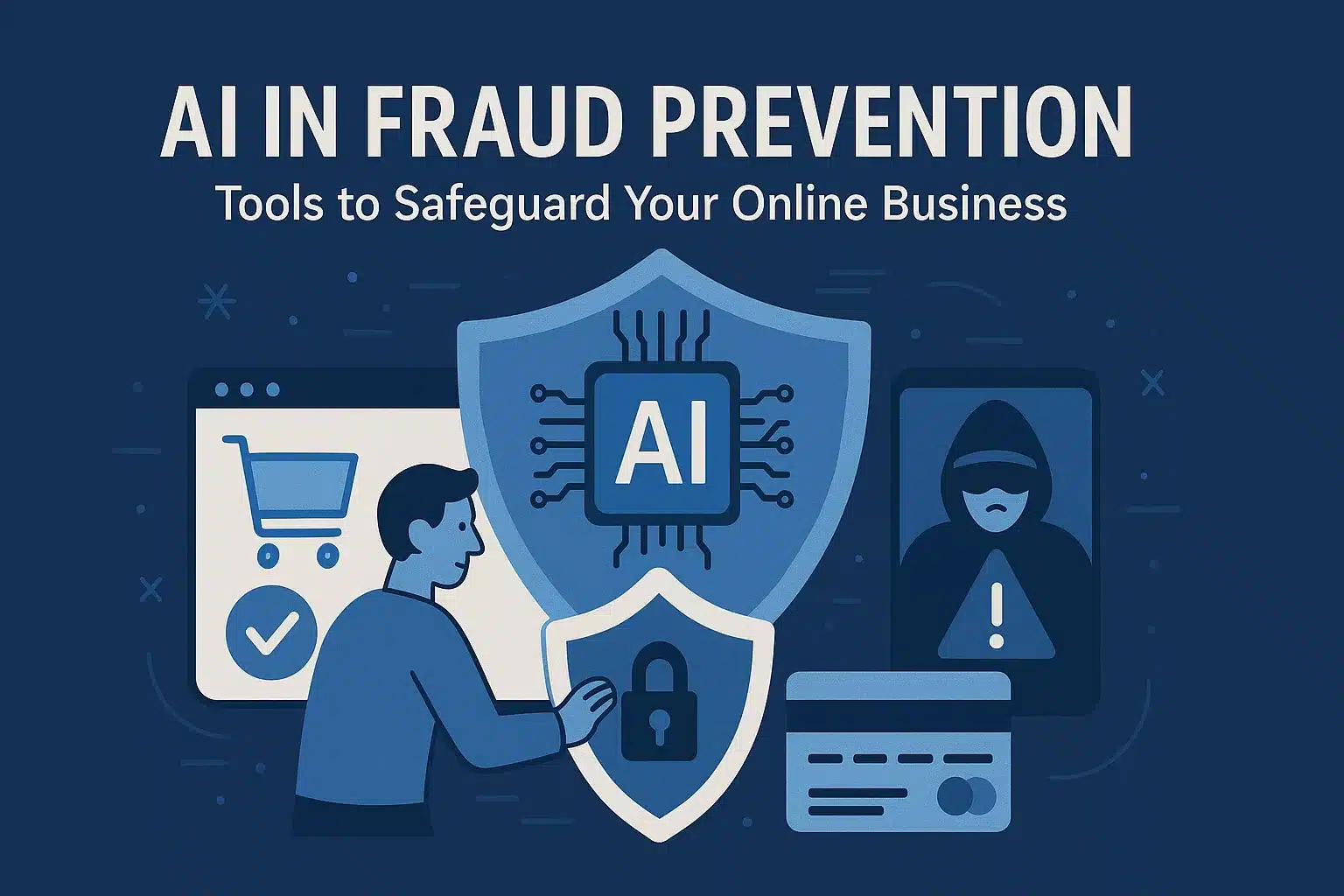Food Safety Training And Certification For Managers
Managers in the food service business are indispensable in ensuring the safety of the food that customers eat. Their food handling efficiency directly affects the safety of the customers and the business’s honor. Food safety training and certification are more important than ever before due to the rising incidence of foodborne disease outbreaks and the tightening of legislation.
The CDC reports that around 48 million individuals in the United States get sick from food poisoning every year, with 128,000 being hospitalized and 3,000 losing their lives as a result. These data show the need to implement effective food safety standards.
Save Thousands Of Dollars With Coggno Prime Subscription
How Does Food Safety Training Work?
Those who work in the food service industry can benefit greatly from specific training in food safety. Food safety training teaches them how to properly prepare and store food so that it does not become contaminated or sickening.
It is both the law and a moral imperative that businesses in the food service sector keep their customers’ food safe. A well taken food safety training has reduced instances of food poisoning, more operational efficiency, and happier, more trusting customers.
Food Protection: Manager’s Training Course
Is Food Safety Training Essential For Managers?
It is the manager’s responsibility to establish and enforce food safety policies, teach employees, check for compliance, and take remedial action as needed. Studies show that businesses with trained food managers are more likely to follow standards and keep food safe.
Furthermore, gaining food manager certification is a great way to show you know what you’re doing. In order to ensure compliance with legislation, maintain processes for food safety, and lead their teams to maintain the highest levels of food safety, certified food managers are essential.
And disregarding these requirements can lead to heavy fines, legal action on the company’s part, or even the manager career sunset.
Food Protection Manager Course (Lessons Only)
Is Certification For Food Managers Necessary?
The majority of states require a qualified food manager to be on staff at all times in food establishments. Many businesses in the food service industry, such as restaurants, mobile kitchens, and institutional kitchens, are required to have certification. An organization’s credibility and financial line might take a hit if its food safety procedures aren’t up to par, leading to unhappy customers and lost revenue.
Anyone interested in food safety certification in food safety can enroll in one of several recognized in-person or online programs. Upon passing the certification test, which comprises multiple-choice questions covering several areas of food safety, candidates are granted a food management certification.
Food Protection Manager Course (Training And Exam Bundle – In Person Exam)
What Is The Validity Of Food Manager Certification?
Certification as a food manager is typically good for three to five years. However, this might vary by state and program. A renewal application, renewal fee, and refresher training are the usual components of a renewal.
However, the renewal requirement may vary from state to state. It is wise to always check with the local food authority website for the latest updates.
Food Safety: Food Safety Programs (Course)
State Requirements For Food Safety Managers
The amount of education and experience a food manager must have to be certified varies greatly from state to state. Some states even need specialized training for particular kinds of businesses. Managers must be well-versed in the food safety laws and certification criteria of their state in order to protect the public and prevent legal trouble.
For more information on what each state requires, visit their health department’s website or contact a food safety training provider.
Food Handler’s Training Course
The Impact Of Food Safety Training On Business Operations
A more efficient kitchen, less food waste, and easier operations are all possible outcomes of well-executed food safety training.
Reducing Risks and Liabilities
Effective food safety procedures and regulatory compliance can reduce the likelihood of food poisoning outbreaks, legal responsibilities, and financial losses.
Building Customer Trust and Reputation
Maintaining excellent cleanliness and food safety standards is essential for gaining and keeping customers’ confidence, loyalty, and goodwill in the community.
Food Protection: Manager’s Exam (Remote Proctoring)
How Coggno Helps Protect Your Food Service Business
Coggno has you covered with a variety of food safety training that are both tailored to the needs of food service companies and accredited for high quality. In order to improve food safety procedures and compliance, Coggno offers food safety training solutions that are simple and easy to take, include content that is both thorough and current, and interactive and engaging.
Food Safety Training Available At Coggno
- Food Protection Manager Course (Training And Exam Bundle) – Ohio
- Food Protection Manager Course (Training And Exam Bundle – In Person Exam)
- Food Protection: Manager’s Training Course
- Food Protection Manager Course (Lessons Only)
- Food Protection Manager Course – Spanish (Training And Exam Bundle – Remote Proctor Exam)
- Food Handler’s Training Course
- Food Protection Manager Course (Training And Exam Bundle – Remote Proctor Exam)
- Food Protection Manager Course – Spanish (Training And Exam Bundle – In Person Exam)
- Food Protection Manager Course – Spanish (Lessons Only)
- Food Protection: Manager’s Exam (Remote Proctoring Spanish)
- Food Protection: Manager’s Exam (Remote Proctoring Spanish) – Ohio
- Food Safety Training Course
- Food Protection: Manager’s Exam (In-Person Proctoring Spanish) – Ohio
- Food Safety: Food Handling Controls (Course)
- Food Safety: Food Safety Programs (Course)
- Food Safety: Temperatures (Course)
- Food Protection: Manager’s Exam (In-Person Proctoring)
- Food Protection: Manager’s Exam (Remote Proctoring)
- Food Protection: Manager’s Exam (In-Person Proctoring Spanish)
Frequently Asked Questions On Food Safety Manager Certification
Below are some of the frequently asked questions with their answers on food safety manager certification.
Q. What Is The Difference Between A Food Safety Certificate And A Food Safety Manager Certification?
While a food safety certificate covers basic food handling practices, a food safety manager certification focuses on advanced food safety knowledge and management skills required for supervisory roles.
Q. What Are The Responsibilities Of A Food Safety Manager?
A food safety manager is responsible for developing and implementing food safety programs, conducting employee training, and monitoring food safety practices. A food safety manager certification helps ensure compliance with food safety regulations.
Q. Does A Food Safety Manager Certification Increase Job Opportunities?
Yes, a food safety manager certification can enhance career prospects and open doors to leadership positions in the food industry. It demonstrates a high level of expertise and commitment to food safety.
Q. How Can I Maintain My Food Safety Manager Certification?
To maintain certification, food safety managers often need to complete continuing training courses and recertification exams to stay updated on food safety regulations and best practices.
Q. Can I Obtain A Food Safety Certificate Online?
Yes, Coggno offers online food safety certification courses. We don’t hamper the routine of the employees by providing self-paced and online training courses.
Q. Is Food Safety Certification Online As Valid As An In-Person One?
Yes, food safety certification online is equally valid as in-person certifications if obtained from an accredited provider.
Q. What Are The Advantages Of Taking Food Safety Certification Online?
Food safety certification online offers flexibility, convenience, cost-effectiveness, and access to a wider range of courses compared to traditional classroom-based training.
In summary
Protecting consumers, employees, and the company’s reputation in the long run is crucial for success and sustainability in the competitive and demanding food service industry. It can be achieved through proper and timely training, following regulatory compliance, and promoting a food safety culture.
Maximize Training, Minimize Costs With Coggno Prime



















